The draft of Georgia’s revised State Wildlife Action Plan will be the focus of three meetings scheduled for public comment next month.
The State Wildlife Action Plan, or SWAP, is a strategy created by more than 100 conservation partners and stakeholders to conserve Georgia’s native wildlife species and the natural habitats they need before these plants, animals and places become rarer and more costly to conserve or restore.
Two years in the making, the revision of the original 2005 plan meets federal requirements and will guide efforts for the next decade that benefit scores of species and habitats, from golden-winged warblers to longleaf pine savannas.
Public feedback on the SWAP helps ensure that the wildlife millions of Georgians enjoy is conserved now and for future generations. While the draft can be read and comments made at www.georgiawildlife.com/conservation/wildlife-action-plan, the Georgia Department of Natural Resources is also inviting people to learn more and voice their opinions at the following three public sessions, all set for 6-8 p.m.
* Wednesday, July 1: Georgia Wildlife Federation, 11600 Hazelbrand Road, Covington (www.gwf.org/WhoWeAre/Headquarters.aspx).
* Tuesday, July 7: Go Fish Education Center, just off I-75 (Exit 134), Perry (www.gofisheducationcenter.com/visitus).
* Wednesday, July 8: Susan Shipman Environmental Learning Center, Georgia DNR Coastal Regional Headquarters, One Conservation Way, Brunswick (www.coastalgadnr.org/nn/pm).
The draft State Wildlife Action Plan is open for comment until July 15. Afterward, the plan will be revised further as needed, and submitted to the U.S. Fish and Wildlife Service for review and approval.
The revision uses the best available data to provide a comprehensive, adaptable assessment of wildlife conservation needs in Georgia, and ways to address those needs. While those lists are long – 349 animal and 292 plant species are high priorities for conservation, and 150 actions recommended – the SWAP is a guide that helps focus conservation efforts where they’re most needed and most effective.
An approved plan also is required by Congress for DNR and wildlife agencies in other states to receive State Wildlife Grants, the main federal funding source for states to conserve nongame.
While focused on animals not fished for or hunted, rare plants and natural habitats, the SWAP does address controlling invasives such as feral hogs and coyotes, and researching, restoring and acquiring habitats that benefit nongame and game species, such as northern bobwhites and middle Georgia’s black bears. But neither the plan nor these meetings involve hunting, fishing or trapping regulations.
High-priority species in the State Wildlife Action Plan are those that rank highest for recommended research or other conservation-related measures.





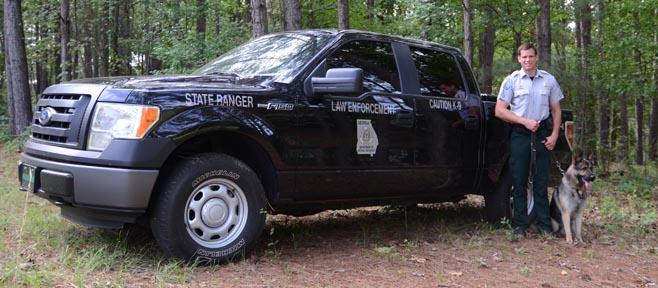


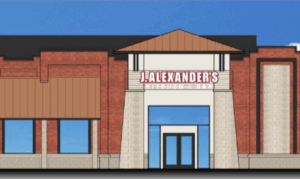
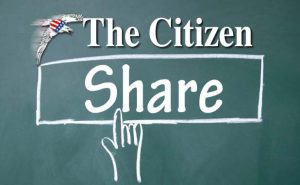
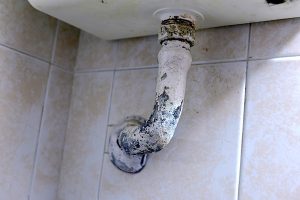
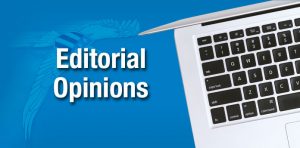
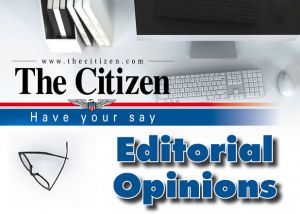
Leave a Comment
You must be logged in to post a comment.